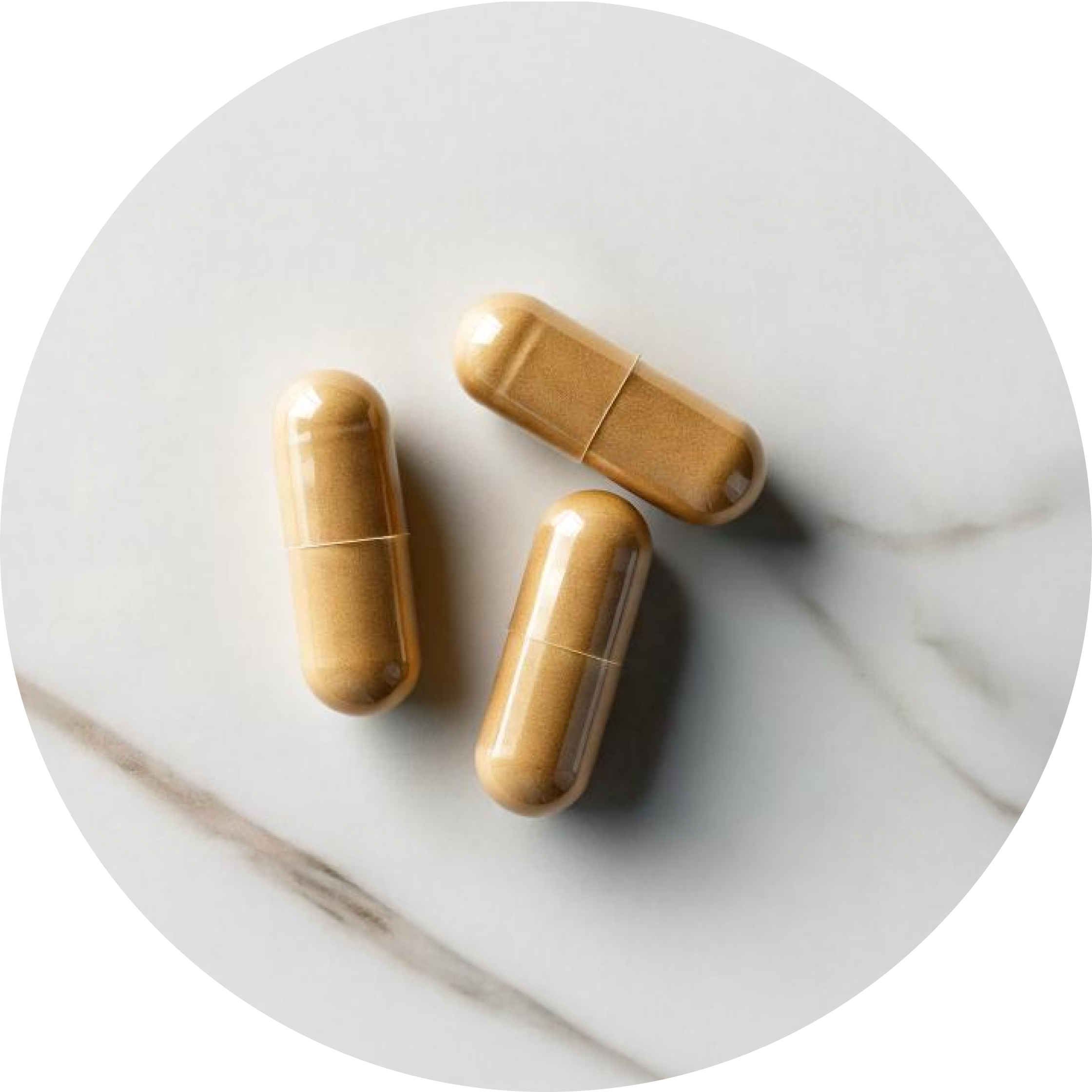We go above and beyond to ensure clean, high-quality ingredients in every pouch of WeNatal.

Every batch of WeNatal for Her, WeNatal for Him, Omega DHA+, Egg Quality + and Magnesium undergoes rigorous third-party testing to ensure purity, potency, and safety.
- Lead (Pb)
- Arsenic (As)
- Cadmium (Cd)
- Mercury (Hg)
These tests are conducted by independent, accredited laboratories following cGMP (Current Good Manufacturing Practices) and FDA guidelines for dietary supplements.
Sourced from trusted suppliers who meet stringent quality standards.
Purified & tested at multiple stages of production.
No fillers, artificial dyes, or unnecessary additives.

An influencer who advocates for no lead has stated:
“In many cases, 'complete' prenatal vitamins are not actually required if it is possible to instead implement dietary changes that address any documented nutritional deficiencies you may have.”
While we always support a whole-food-based approach to nutrition, this statement ignores an important fact: Heavy metals are naturally occurring in food, and food is not routinely batch-tested for heavy metals before consumption.
This does not mean women should avoid food—just as it does not mean they should avoid a high-quality, third-party-tested prenatal like WeNatal.
Every batch of WeNatal supplements is third-party tested to ensure heavy metal levels remain below safe, regulated limits.
We comply with both USP and Prop 65 standards, exceeding national safety benchmarks.
We do NOT rely on fear-based marketing—we believe in science-backed formulations that truly support women’s health.
We created a prenatal because we couldn't find one that fit our high standards for safety and efficacy. Most prenatals on the market still do not meet expert-backed nutritional guidelines for pregnancy.
We created a prenatal because we couldn't find one that fit our high standards for safety and efficacy. Most prenatals on the market still do not meet expert-backed nutritional guidelines for pregnancy.
- WeNatal’s prenatal supplements are tested against the strictest standards, ensuring they are safe for you and your baby.
- We do not formulate based on outdated comparisons to baby food limits—we follow science, USP, and Prop 65 guidelines.
- If you have concerns, we encourage you to consult with your fertility specialist or birth provider to ensure you’re choosing the best supplement for your unique needs.
Have more questions?
📩 Email us at: care@wenatal.com
We’re committed to full transparency, without fear-mongering—because you deserve science-backed prenatal support.

